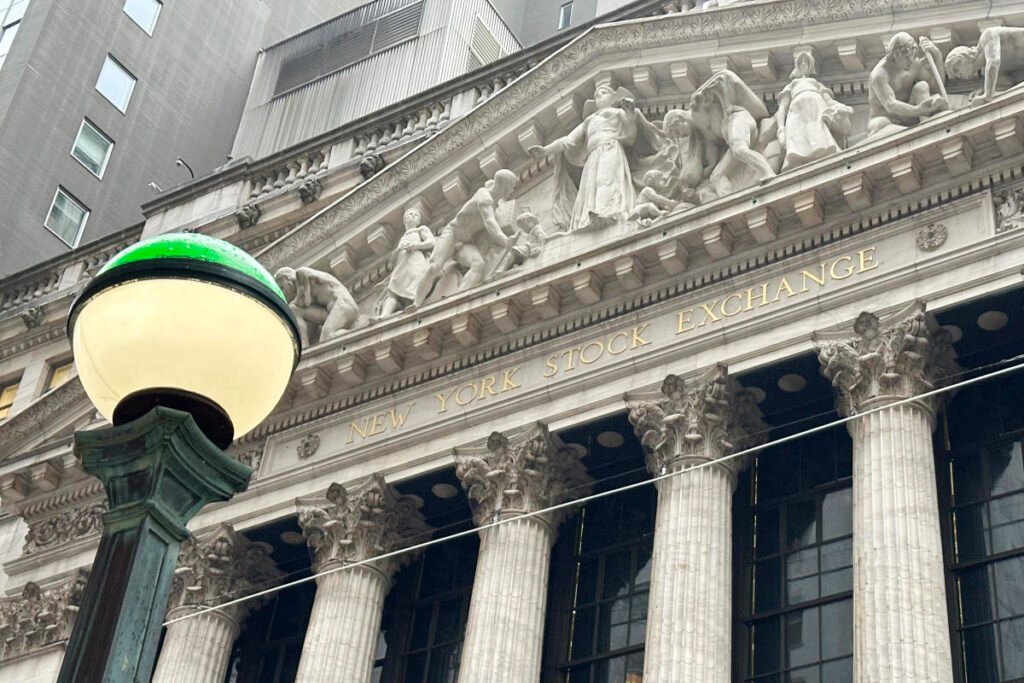Wall Street markets, coming off their worst week since October, rose early Monday as investors took in data from the government’s latest retail sales numbers and several high-profile earnings reports.
Futures for the S&P 500 and the Dow Jones Industrial Average each rose 0.6% before the bell.
Oil prices fell despite rising tensions in the Middle East region. The attack late Saturday marked the first time Iran has launched a military attack on Israel, despite decades of hostility between the two countries since the 1979 Islamic Revolution.
Benchmark U.S. crude oil fell 70 cents a barrel to $84.96 a barrel. Brent crude, the international standard crude, fell 68 cents to $89.77. Prices are being held down by slowing demand from China and forecasts that supply growth will outpace demand.
“While the drone attack has grabbed headlines, the immediate impact on global markets, particularly oil prices and inflation concerns, is likely to be muted,” Stephen Innes, managing partner at SPI Asset Management, said in a commentary. . “The precision and limited lethality of Iran’s response suggests a strategic approach aimed at minimizing damage rather than escalating tensions.”
Almost every sector posted gains early Monday, none more so than defense contractors. Lockheed Martin led the way, rising 1.8% before the bell.
In addition to retail sales data showing a strong 0.7% increase this week, investors will also receive the latest earnings results from Bank of America, United Airlines and Netflix.
Apple shares fell less than 1% after reports that the iPhone was the second-largest mobile phone shipment in the first quarter after Samsung. Sales of Apple’s iPhones have slumped in China, sparking investor concerns due to the country’s economic downturn and reports that the Chinese government may ban employees from purchasing iPhones.
In Europe at noon, Germany’s DAX and Paris’ CAC40 were each up 1%, while in London the FTSE 100 was down 0.1%.
In Asian trading, Japan’s benchmark Nikkei stock average fell 0.7% to 39,232.80 yen.
In currency trading, the U.S. dollar rose to 153.89 yen from 153.07 yen, another 34-year high, as investors moved to traditional havens amid uncertainty. The euro rose to $1.0652 from $1.0635.
Australia’s S&P/ASX 200 fell 0.4% to 7,754.50 and South Korea’s Kospi fell 0.4% to 2,670.43.
Hong Kong’s Hang Seng fell 0.6% to 16,619.33. The Shanghai Composite rose 1.3% to 3,057.38 after the market regulator announced additional measures to support the financial sector.
Elsewhere in Asia, Taiwan’s Tyex fell 1.4% and India’s Sensex fell 0.8% as investors prepared for long national elections.
Wall Street stocks fell on Friday after a mixed start to earnings season.
The S&P 500 fell 1.5%, ending its worst week since October. The Dow Jones Industrial Average fell 1.2% from the previous day’s record, and the Nasdaq Composite fell 1.6%.
A series of reports since the start of this year have shown that both inflation and the overall economy remain in worse shape than expected. That has forced traders to scale back their expectations for how many times the U.S. Federal Reserve may cut its key interest rates this year. Traders are primarily betting on just two rate cuts, down from at least six expected rate cuts at the start of the year, according to CME Group data.

